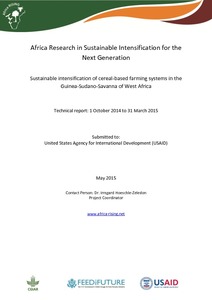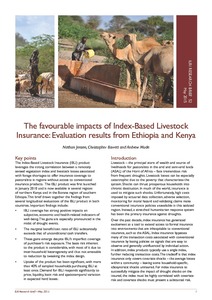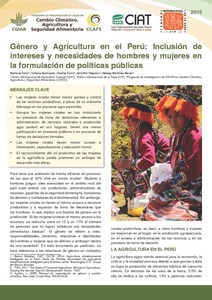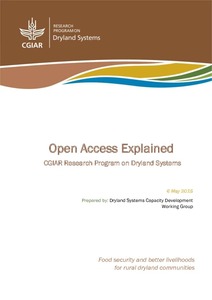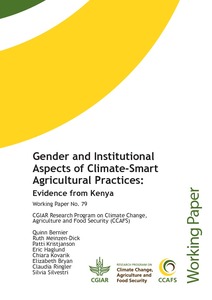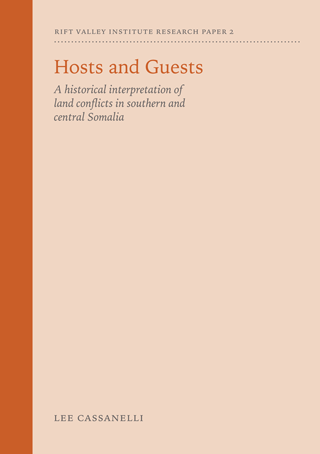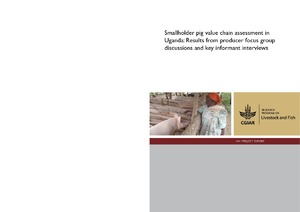The favourable impacts of Index-Based Livestock Insurance: Evaluation results from Ethiopia and Kenya
Género y Agricultura en el Perú: Inclusión de intereses y necesidades de hombres y mujeres en la formulación de políticas públicas
Perú tiene una población de treinta millones de personas de las que el 22% vive en zonas rurales. Mujeres y hombres juegan roles esenciales en el ámbito rural del país pues ambos son productores, administradores de recursos, garantes de la seguridad alimentaria, tomadores de decisión y cuidadores de la biodiversidad.
Open access explained: CGIAR Research Program on Dryland Systems
A meta-analysis of the effects of communal livestock grazing on vegetation and soils in sub-Saharan Africa
Extensive livestock grazing is one of the most common and widespread forms of land uses in sub Saharan Africa (SSA). Studies assessing the effects of extensive livestock grazing on vegetation and soils in SSA are inconsistent in the direction and magnitude of study outcomes.
Gender and Institutional Aspects of Climate-Smart Agricultural Practices: Evidence from Kenya
This paper analyses gender differences in awareness and adoption of climate-smart agricultural (CSA) practices. It examines what factors are associated with the likelihood of adoption of a wide range of CSA practices for 376 women and 375 men in two different areas of Kenya.
Sustainable intensification in drylands: What resilience and vulnerability can tell us
WASTED LIVES: A Critical Analysis of China’s Campaign to End Tibetan Pastoral Lifeways
This report is an extended analytical essay, on the perverse outcomes of statist interventions into customary land management practices over a huge area that has been managed sustainably and productively by Tibetan pastoralists for 9000 years.
Hosts and Guests A historical interpretation of land conflicts in southern and central Somalia
'In Somalia, land issues are particularly complex. Those involved in both policy and practice need to understand this complexity better if durable political solutions are to be identified and property rights for individuals and communities secured. Lee Cassanelli explains the complex nature of land use, as well as the concept of ‘home’ in the Somali context.
Shaping the Herders’ “Mental Maps”: Participatory Mapping with Pastoralists’ to Understand Their Grazing Area Differentiation and Characterization
Understanding the perception of environmental resources by the users is an important element in planning its sustainable use and management. Pastoralist communities manage their vast grazing territories and exploit resource variability through strategic mobility.

